
A guest post from John La Puma, MD… Thanks John
Last year, my Mom had her first operation: a total knee replacement.
Active and curious, and having recently celebrated her 29th birthday again, her mother was turning 100 shortly and needed assistance. Mom wasn’t able to get around well enough to help, with her osteoarthritis and pain.
A month before the operation she asked me, “What can I eat to heal and recover from the surgery?”
It turns out that there’s a good answer to this. It can be divided into wound healing, building bone, rebuilding muscle and guarding against weight gain.
A blog is too short to cover each category in depth, but fortunately, there is a largely untapped literature about nutrition and post-operative care.
The key: wounds heal from the inside out. Many patients need additional arginine and vitamin C, just to name two nutrients, pre-operatively and postoperatively. Lowering oxidative stress improves healing. The peri-operative period is the most critical.
Building bone is a function of vitamin D, calcium and magnesium, and the right hormones. Smoking prevents the bone from being built. And food can facilitate it.
Rebuilding muscle is something that has nutrition, and dietary protein, at the center. I often encourage my patients to have a little protein-rich food at every meal, especially breakfast. Omega-3 fatty acids, especially DHA (almost solely from fish and from algae, which is where fish get their DHA) improve muscle building post-op. My Mom took them.
Recent data have shown that total knee patients gain an average of 14 pounds post-op, and it’s not all muscle. Gaining that much weight post-op delays recovery and increases instability.
Post-op patients need satisfying, lower calorie recipes written on prescription slips: high calorie, high sugar foods that are highly processed should never appear, and would never be reimbursed. But strategic nutrition can improve strength, healing, flexibility, and stamina. And should.
Although my grandmother passed away just after reaching 100, my Mom has recently returned from Hawaii, Carmel, New York City and points unknown, without a cane or a pain pill, nearly as good as new. In fact, better.
(c) John La Puma, MD
@johnlapuma
https://drjohnlapuma.com



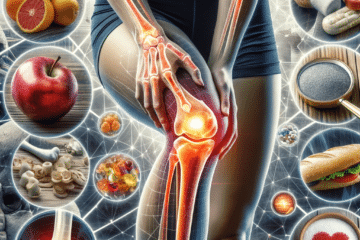
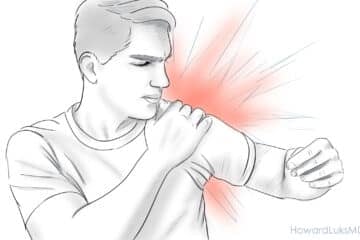
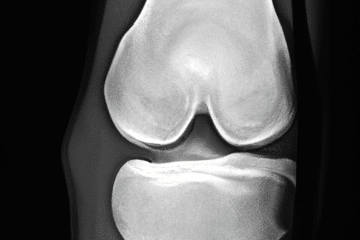
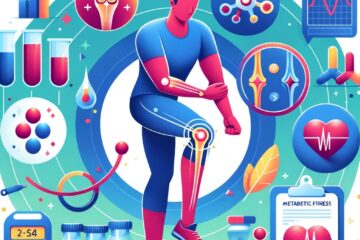




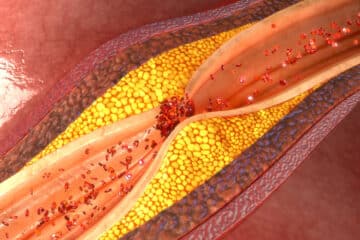

As a dietitian, I want to thank you for highlighting nutrition as an essential part of recovery